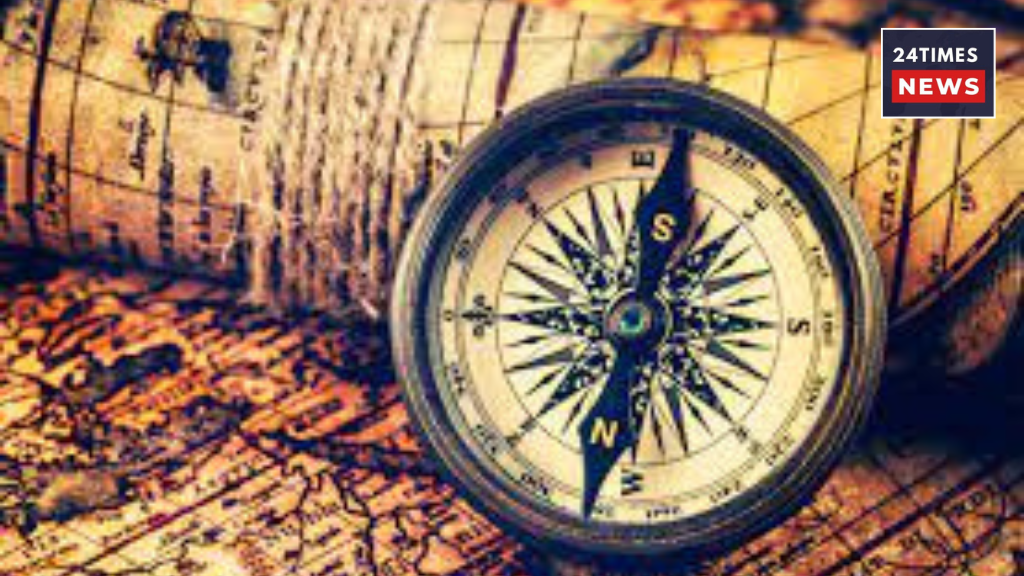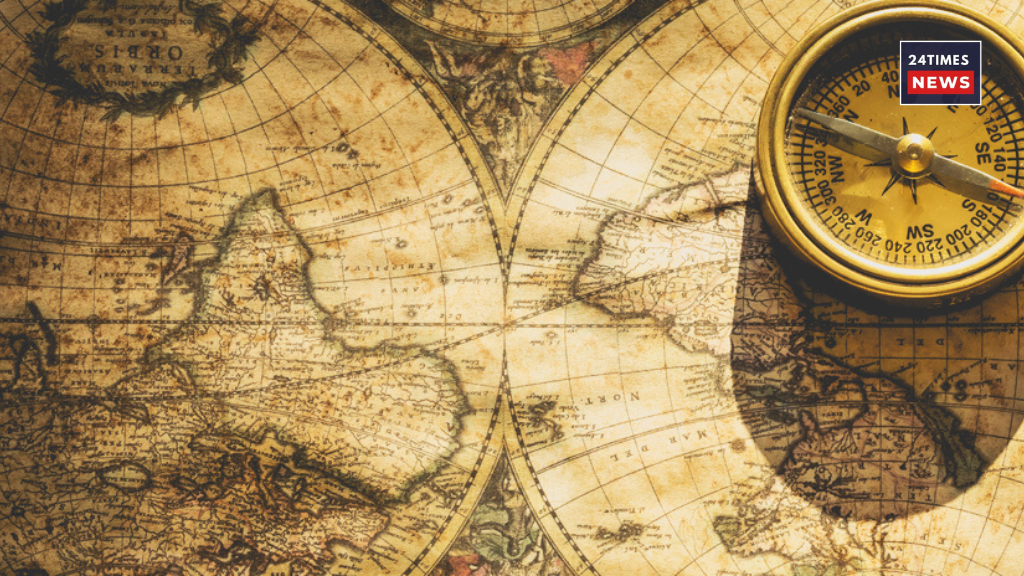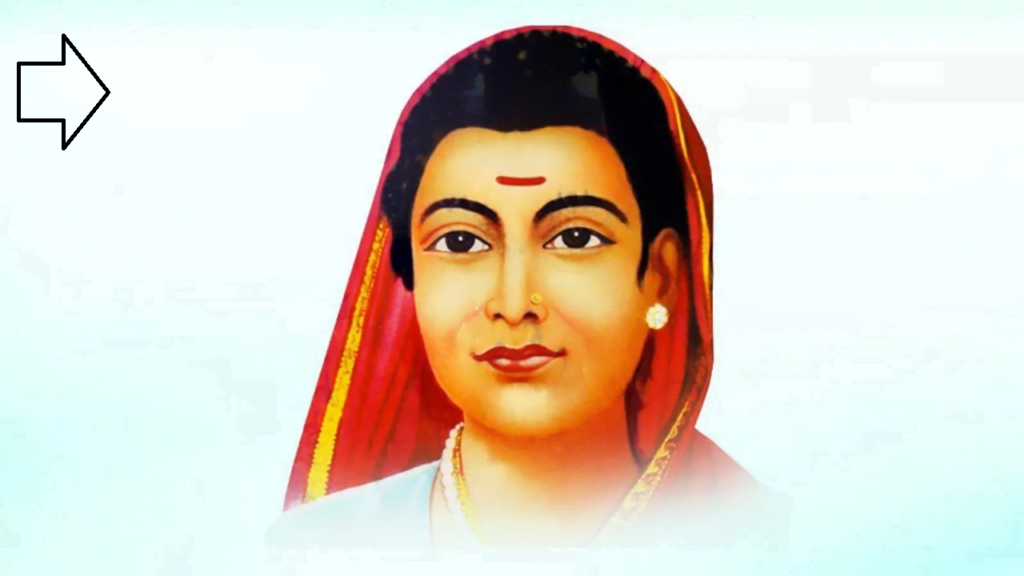Career in Geography
There are many different job opportunities in geography, including teaching, research, urban development, GIS, environmental planning, and government services. A job in geography can offer stability and growth, as there is a growing need for specialists in disaster relief, climate studies, and sustainable development.
Understanding the geographical relationships between nations and the physical characteristics of mountains, hills, and streams is only one aspect of a geography degree. The natural sciences and social sciences are the two main topics covered in a three-year geography degree program. Natural science studies the earth and its constituent parts, while social science studies people as resources and their cultural development.

You can pursue positions related to urban planning, disaster response, climate change, sustainability, international relations, and other urgent challenges by thoroughly examining these factors. This degree will provide you the analytical and problem-solving skills you need to tackle real-world issues, whether you want to work in the public or private sector.
Urban Planner
You can certainly pursue a career as an urban planner if you have an interest in creating and planning. Urban space design, planning, and development will require you to consider land usage, environmental impact, and community needs. In addition, you will work with government agencies, engineers, and architects to construct sustainable infrastructure. You must be proficient in geographic information systems (GIS), have analytical talents, and be able to collaborate and communicate effectively in order to succeed in this position.
Cartographer
Because this position necessitates the visual presentation of geographic data, it effortlessly blends art, science, and technology. A cartographer is a specialist in creating eye-catching maps that effectively display population distribution, geographic borders, and other information for use in urban planning, tourism, and transportation.
In addition to creating new maps, you will also create digital and interactive versions of existing maps, update older maps with the most recent information, and work closely with specialized software programs like AutoCAD, QGIS, and Adobe Illustrator. The most crucial ability for this position is spatial awareness, which goes hand-in-hand with extensive geographic knowledge.

Climatologist: You can become a climatologist by using the natural science component of your geography degree. In order for government agencies to take the appropriate action, you will analyze and interpret weather patterns and climate conditions, provide forecasts and climate reports, and consistently carry out research on climate-related phenomena and the potential effects they may have on the environment and its inhabitants. proficiency with observational data and statistical analysis.





